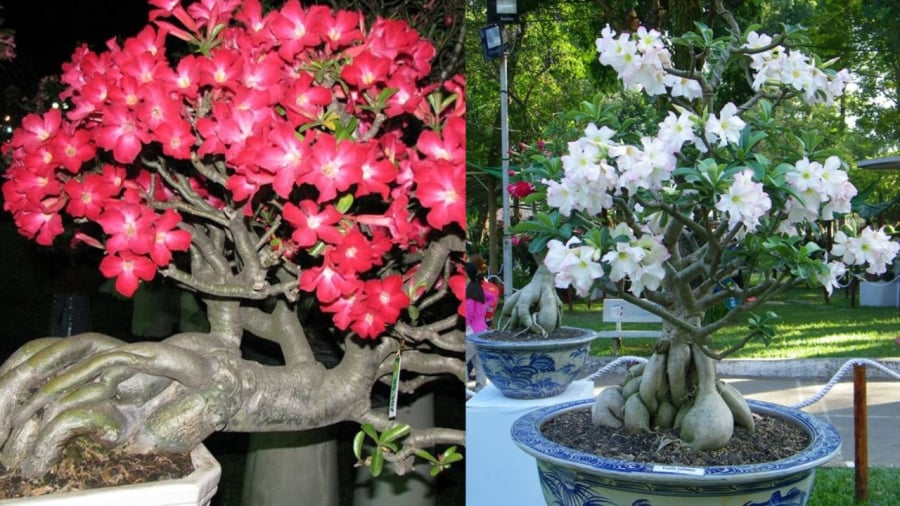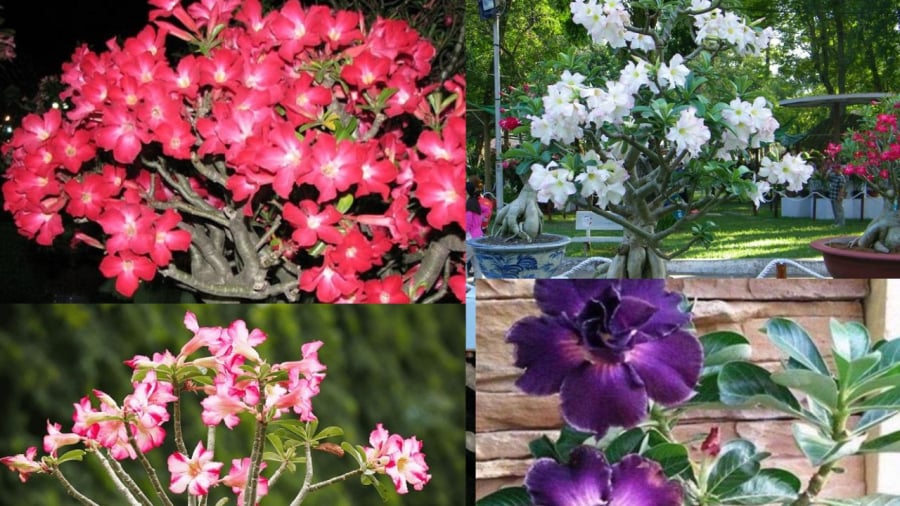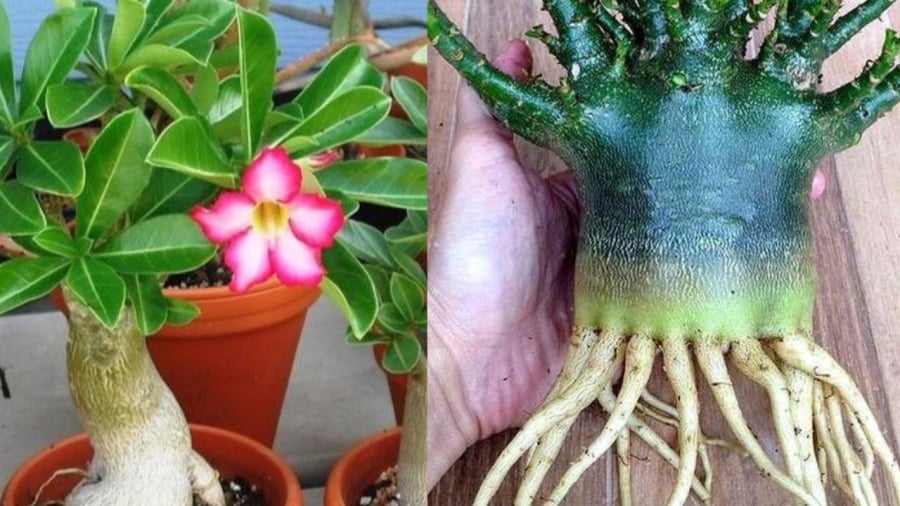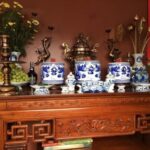The Feng Shui Significance of the Plumeria Flower
Plumeria, also known as Frangipani, is a beautiful and fragrant flower that holds significant meaning in Feng Shui. The focus nowadays is on cultivating Thai Plumeria due to its abundant and vibrant blooms, as well as its aesthetically pleasing roots.
An ideal Plumeria specimen features a gnarled trunk, with a large base and an abundance of flowers above. Plumeria is a low-maintenance ornamental plant. It comes in a variety of colors and is revered in many countries, including Laos, Cambodia, India, and Mexico. Plumeria can be grown outdoors in gardens or potted and displayed indoors.

Plumeria: A Beautiful Ornamental Plant with Positive Feng Shui Energy
Across various cultures, Plumeria carries a positive symbolism. Its flowers are often strung together to create garlands for decorative purposes, such as adorning the neck or hair.
Plumeria not only adds a vibrant touch to your home but also brings a sense of peace and vibrant energy. It symbolizes love and good fortune. Displaying Plumeria in front of your house is believed to attract peace, prosperity, and luck for the family. The abundant blooms of Plumeria symbolize wealth and abundance.
During the end of the year, when Plumeria blooms profusely, it creates a cheerful and radiant atmosphere, perfect for welcoming the new year.
Optimal Placement for Plumeria in Feng Shui
Plumeria thrives in sunny conditions and does not require excessive nutrients. Overfertilization with nitrogen will result in lush foliage but fewer flowers. Insufficient sunlight will also hinder blooming. Lack of sunlight will result in fewer blooms, which, in Feng Shui terms, is considered unfavorable as it symbolizes a loss of luck for the household.
Therefore, the best location for Plumeria is the sunniest spot in your home, typically the front of the house, where it can receive ample sunlight and fresh air. During the milder days towards the end of the year, ensure your Plumeria gets some sunshine by placing it outdoors.

Plumeria Thrives in Abundant Sunlight
Consider styling your Plumeria as a bonsai, combining it with rocks or miniature landscapes to enhance its beauty. Occasionally, when your Plumeria is in full bloom, you can bring it indoors, but remember to regularly place it outdoors to soak up the sun and fresh air.
In Feng Shui, the abundance of flowers on a Plumeria tree signifies prosperity and wealth for the household. Therefore, it is considered unfavorable to have a Plumeria tree with lush foliage but no flowers.
Caring for Your Plumeria to Ensure a Bloom-filled Welcome for the Lunar New Year
One of the critical considerations when caring for Plumeria is to avoid over-fertilization, which can lead to excessive leaf growth at the expense of flowers. If you notice your Plumeria producing more leaves than flowers, consider root pruning to restrict nutrient uptake and encourage blooming.
Additionally, about three months before the Lunar New Year, it is essential to trim and repot your Plumeria to ensure it blooms in time for the festivities.

Leafy Plumeria May Produce Fewer Flowers
Don’t be afraid to prune the roots of your Plumeria; it’s a natural part of the plant’s growth process. Also, consider trimming any excessive leaves if they are overshadowing the flowers.
When caring for your Plumeria, avoid overwatering and excessive fertilization. Plumeria comes in various colors, so you can choose a shade that aligns with the Feng Shui elements of your home or your personal preferences.
Placing a Plumeria in front of your house also conveys a message of hospitality to your guests. However, if your home lacks sufficient natural light, it is not advisable to grow Plumeria, as it will struggle to bloom.
This information is for reference only.
The Enchanting Significance of Planting Violets: A Guide to Unlocking the Beauty of Nature at Your Doorstep.
The humble Jasmine, or more poetically known as “Wall Violet”, is an exquisite ornamental plant with a deep-rooted history in ancient cultures. Its delicate beauty and enchanting fragrance have captivated generations, becoming a beloved fixture in homes and gardens. Beyond its aesthetic appeal, the Wall Violet holds a special significance in feng shui, believed to bring good luck and positive energy to its surroundings. This ancient belief, coupled with the plant’s intrinsic beauty, has made it a favorite among those with a keen eye for both aesthetics and auspicious symbolism.



































